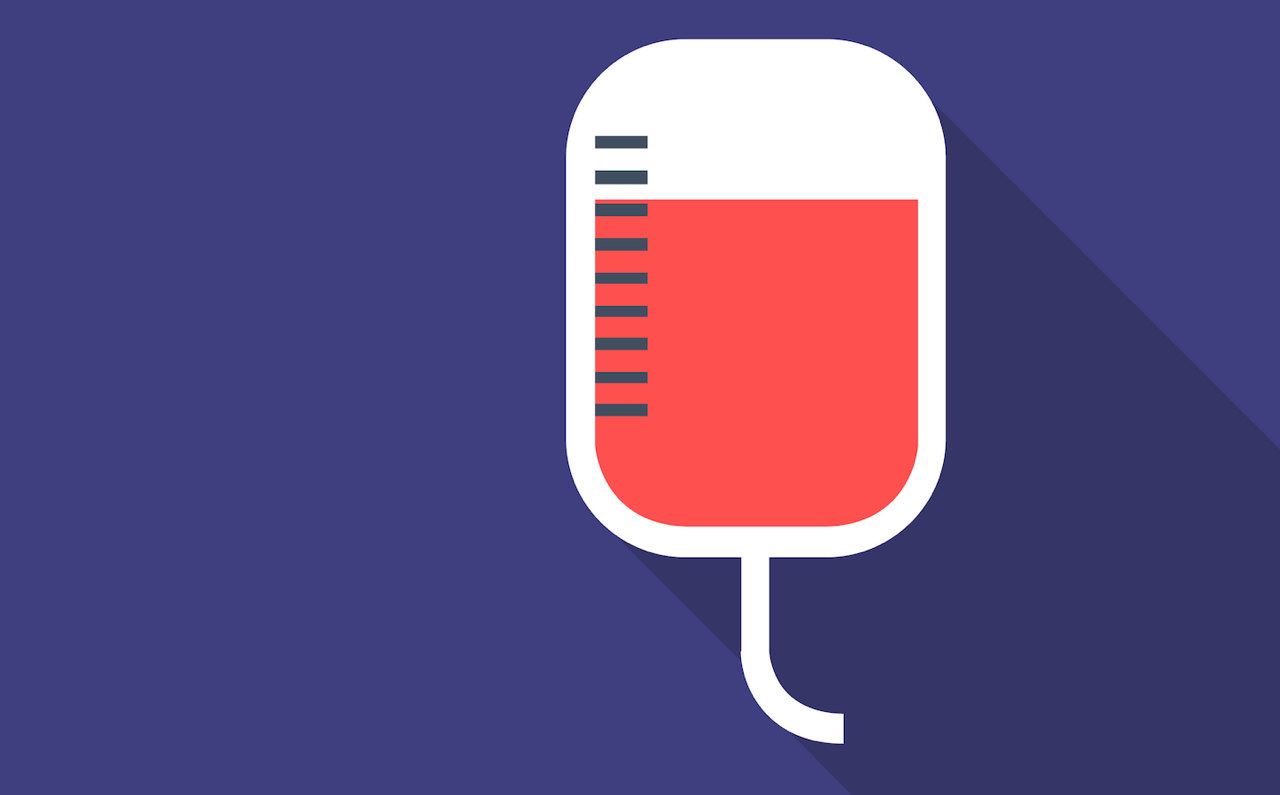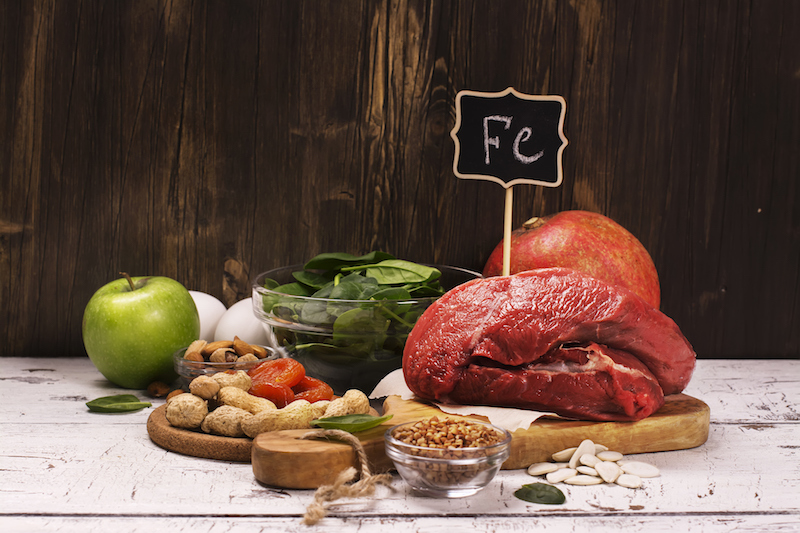Iron plays an important role in your body. It is one of the key element in your red blood cells – the microscopic sized cells that store and carry oxygen to all parts of the body. A shortage of iron in your body is called anaemia.
Anaemia is most common in:
- preschool children
- women in their reproductive years
- pregnant women.
It’s less common in men. According to a 2015 study from the University of Potsdam in Germany, the condition affects roughly 1 out of 3 people worldwide!
How anaemia happens
Anaemia is sign that your health is not at its best and you’re not getting enough good nutrition. The reduced number of red blood cells means that your organs and tissues don’t get enough oxygen. It may also be caused by a diet that’s lacking in iron, folic acid (folate) or Vitamin B12.
Symptoms of anaemia
- Fatigue
- Weakness
- Light-headedness
- Headaches
- Heart palpitations
- An altered taste
- Tinnitus (ringing of ears)
- Pale skin, tongue, and gums.
Causes of anaemia
- Menstrual periods. If you have a particularly heavy flow, you can develop anaemia. The amount of iron in your diet may not be enough to replace the amount you lose during your periods.
- Some pregnant women need iron supplements or may need to increase the amount of iron in their diet. Your body needs extra iron to ensure that there’s enough blood flow, necessary oxygen and nutrients for the health of your baby.
- Poor absorption of iron. An intestinal disorder like celiac disease affects your intestine’s ability to absorb nutrients from digested food. This can lead to anaemia.
- Blood loss from the gut. This is the most common cause of iron deficiency in men. It’s also common in women who’ve gone through menopause. Some gut conditions can cause a lot of bleeding that can lead to anaemia. You may not be aware of this as it can be a slow or irregular process. You can pass blood out with your stools without noticing either.
- Poor nutrition. This happens when your diet doesn’t contain enough iron for your red blood cells to function properly.
I’m anaemic, now what?
Your doctor will diagnose your condition with the help of tests, medical and family history. At times, anaemia symptoms aren’t clear or present, so your doctor might find out you have anaemia when he/she is testing for other conditions. Once you’ve been diagnosed, you have a few treatment options. These include:
- Eating iron-rich foods like red meat, chicken, pork, seafood, beans, spinach, apricots and raisins. You’ll also need to bone up on Vitamin C (tomatoes, oranges, peppers and strawberries) to help your body absorb the iron properly.
- Cleaning your spleen. Your spleen oversees producing red blood cells and keeping fluids in your system. Do this by avoiding sugar for a while, going easy on alcohol, cutting out nicotine and reducing your intake of vegetable oils. Eat clean.
- Taking supplements: Iron and Vitamin B complex are known to support your blood cells.
- Reducing stress levels: Stress can decrease your body’s productivity and exhaust your organs.
If you still have questions about anaemia, or you are worried that you might be suffering from it, why not ask one of our doctors?
References:
- https://patient.info/health/anaemia-leaflet
- https://www.mayoclinic.org/diseases-conditions/iron-deficiency-anemia/symptoms-causes/syc-20355034
- http://www.who.int/vmnis/anaemia/prevalence/summary/anaemia_data_status_t2/en/
- https://www.news-medical.net/whitepaper/20170509/Patient-Populations-at-Risk-of-Anaemia.aspx


